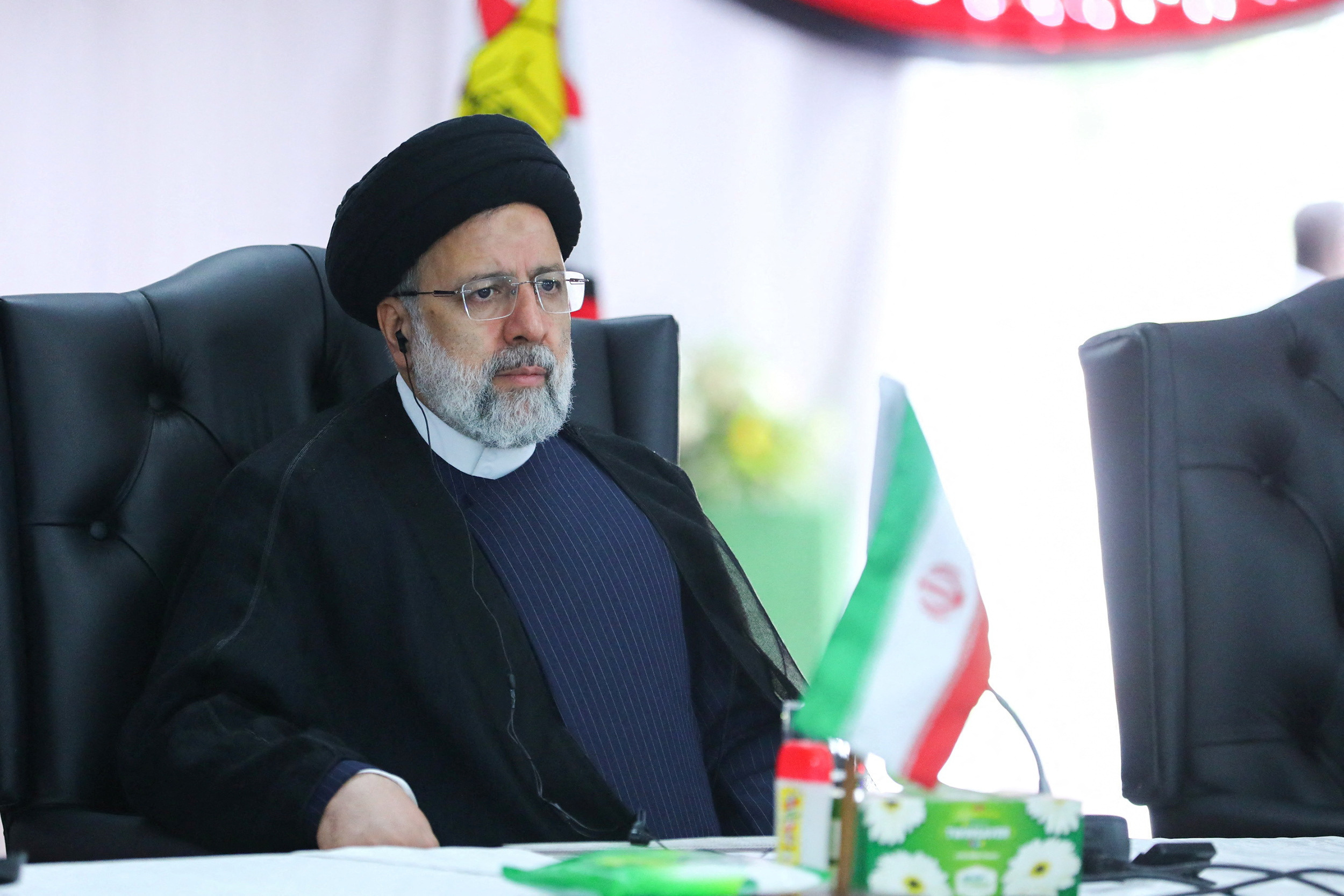China, Iran, North Korea seek support at U.N. to push back against unilateral force, sanctions
New York (Reuters) – China, Russia, North Korea, Iran and others are seeking support for a coalition to defend the United Nations Charter by pushing back against the use or threat of force and unilateral sanctions, according to a letter seen by Reuters on Thursday.
The move by 16 countries and the Palestinians to create such a group comes as U.S. President Joe Biden’s new administration boosts its multilateral engagement and with allies, reversing former President Donald Trump’s favored unilateral approach as he focused on an “America First” policy.
Biden has also pledged to take on China at the United Nations, where Beijing has been pushing for greater global influence in a challenge to traditional U.S. leadership.
A concept note for the “Group of Friends in Defense of the Charter of the United Nations,” seen by Reuters, states that multilateralism “is currently under an unprecedented attack, which, in turn, threatens global peace and security.”
However, a senior European diplomat, speaking on condition of anonymity, responded: “These so-called friends are the ones who have done most to breach the charter. Maybe they should start by respecting human rights and fundamental freedoms in their own countries.”
Other founding members of the group are Algeria, Angola, Belarus, Bolivia, Cambodia, Cuba, Eritrea, Laos, Nicaragua, Saint Vincent and the Grenadines, Syria and Venezuela.
The concept note said “the world is seeing a growing resort to unilateralism, marked by isolationist and arbitrary actions, including the imposition of unilateral coercive measures or the withdrawal from landmark agreements and multilateral institutions, as well as by attempts to undermine critical efforts to tackle common and global challenges.”
Under Trump, Washington announced plans to quit the World Health Organization, pulled out of the U.N. Human Rights Council, the U.N. cultural agency UNESCO, a global climate change accord and the Iran nuclear deal.
But Biden, who took office in January, rescinded the withdrawal from the WHO, returned the United States to the climate agreement, re-engaged with the Geneva-based Human Rights Council and is seeking to re-enter to the international nuclear deal.



